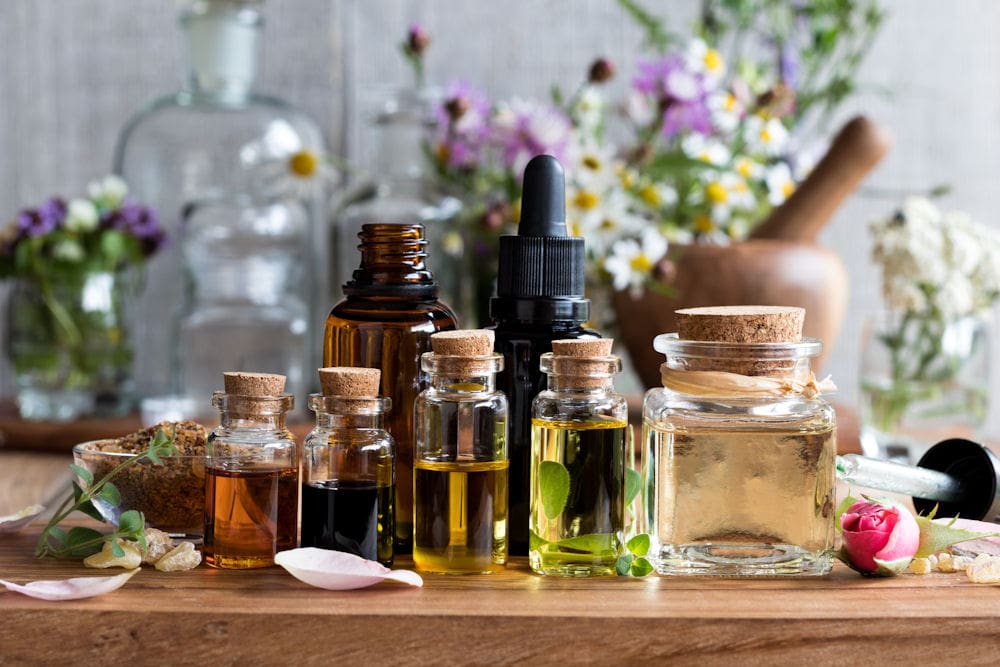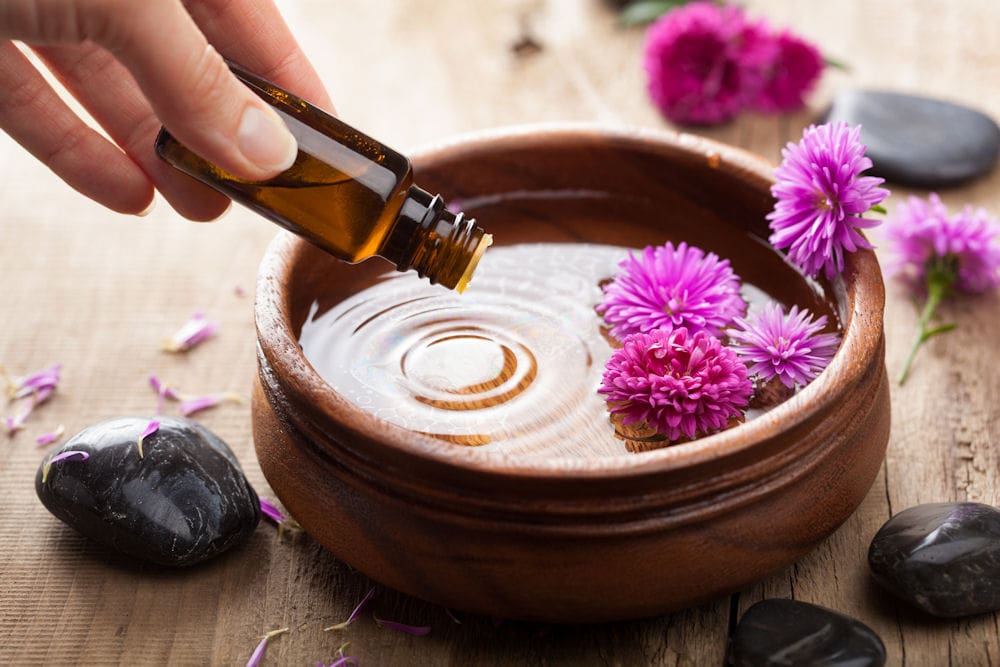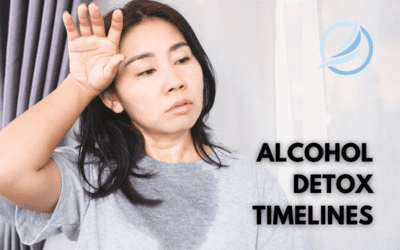Alcoholism is a challenging health condition that deserves compassionate and comprehensive treatment. Although essential oils are not the sole remedy, they can provide a complementary means of promoting well-being throughout the recovery journey. It is crucial to seek guidance from a healthcare professional and combine essential oils with evidence-based therapies to effectively address alcoholism.
At The Freedom Center in Gaithersburg, Maryland, our dedicated healthcare professionals are extensively trained and well-prepared to provide safe and supportive treatment for detoxing from alcohol.
How Does Alcohol Affect the Body?
Gaining a deep and compassionate understanding of how alcohol influences our bodies is key to making well-informed choices regarding our health and offering support to those dear to us. It goes beyond simply acknowledging the widely recognized outcomes of alcohol consumption and entails exploring the intricate ways it interacts with our organs and systems.
- Liver – The Heavyweight Battler: The liver, our body’s detoxification hub, bears the brunt of alcohol’s impact. Alcohol metabolism takes precedence over other metabolic processes, which can lead to liver damage over time. Chronic alcohol use can cause inflammation, fatty liver, and even progress to more severe conditions such as hepatitis or cirrhosis.
- Pancreas – The Silent Saboteur: Excessive alcohol consumption can inflame the pancreas, leading to pancreatitis. This painful condition hampers proper digestion and nutrient absorption, potentially causing long-term complications such as diabetes or malnutrition.
- Heart – A Balancing Act: While moderate alcohol consumption may have some cardiovascular benefits, excessive or prolonged drinking weakens the heart muscle, leading to a condition known as alcoholic cardiomyopathy. This condition hampers the heart’s capacity to circulate blood effectively and may lead to cardiac failure.
- Brain – The Vulnerable Command Center: Alcohol affects neurotransmitters, altering brain function and behavior. Over time, it can shrink the brain’s volume and impair cognitive abilities, contributing to memory loss and difficulties in decision-making. Prolonged heavy drinking can lead to severe conditions like Wernicke-Korsakoff syndrome, causing confusion, psychosis, and permanent brain damage.
- Cancer Risks – Unsettling Connections: Few may know that alcohol consumption is linked to an increased risk of several cancers, including mouth, throat, liver, breast, and colorectal cancer. Even moderate drinking can contribute to these risks, emphasizing the importance of moderation and awareness.
Understanding the Alcohol Detox Process
Embarking on the alcohol detox process can be both daunting and hopeful. Understanding what to expect during this transformative journey is crucial in offering compassionate support to oneself or a loved one.
- Detoxification: Alcohol detoxification is the initial phase of treatment, aiming to remove alcohol from the body while managing withdrawal symptoms. It typically involves a supervised and medically supported process to ensure safety and minimize discomfort. The duration and intensity of detox can vary depending on factors such as the severity and duration of alcohol use.
- Withdrawal Symptoms: During alcohol detox, people may experience a range of withdrawal symptoms, which can vary in severity. Common symptoms include anxiety, tremors, nausea, insomnia, and in severe cases, seizures or delirium tremens (DTs). These symptoms underscore the importance of seeking professional help during detox to ensure proper medical supervision and support.
- Medication-Assisted Detox: In some cases, medication may be used during alcohol detox to alleviate withdrawal symptoms and reduce cravings. Medications like benzodiazepines or anti-seizure medications can be administered under medical supervision to manage the detox process effectively. However, it is essential to consult with healthcare professionals to determine the most appropriate approach for each person.
- Emotional Support: Beyond the physical aspects, emotional support is vital during the alcohol detox process. It can involve therapy, counseling, or participation in support groups to address underlying psychological factors and develop coping strategies for long-term recovery. Surrounding oneself with a supportive network can significantly contribute to a successful detox and overall well-being.
- Medical Supervision: Alcohol detox can be physically and emotionally challenging, and it is crucial to undergo the process under medical supervision. This ensures that healthcare professionals can monitor vital signs, manage complications, and provide the necessary support throughout the detoxification journey.
- Potential Complications: In severe cases of alcohol dependence, the risk of developing complications during detox is higher. These complications can include cardiovascular issues, electrolyte imbalances, and psychiatric symptoms. Medical supervision helps to identify and manage any potential complications promptly.
- Individualized Approach: The alcohol detox process should be tailored to each person’s specific needs. Factors such as a person’s overall health, history of previous detox attempts, and any co-occurring mental health conditions should be considered to develop a personalized detox plan that maximizes safety and effectiveness.
- Gradual Transition to Treatment: Detoxification is typically the first step in the overall treatment process for alcohol dependence. Detox alone does not address the underlying factors contributing to alcohol misuse. Following detox, engaging in comprehensive treatment programs that incorporate therapy, counseling, and support groups can help people build a solid foundation for long-term recovery.
Why Aromatherapy is Used for Alcohol Detox

Aromatherapy offers a gentle and comforting method for detoxing from alcohol. While aromatherapy can complement the alcohol detox process, it is essential to view it as a supportive technique rather than a standalone solution. Integrating aromatherapy with professional care, emotional support, and a comprehensive treatment plan will help people cultivate a nurturing and holistic approach to their recovery journey. By incorporating carefully selected essential oils, aromatherapy can contribute to relaxation, stress reduction, and emotional well-being, creating a nurturing environment for recovery.
Application of Essential Oils
Aromatherapy can be enjoyed through various application methods. Inhalation through diffusers or steam inhalation allows the inhalation of aromatic molecules, providing a direct and immediate effect on the senses. Topical application, such as diluted essential oils in massage oils or baths, can help enhance relaxation and overall well-being
When using essential oils for alcohol detox, it is important to consider individual preferences and sensitivities. Each person may respond differently to various essential oils, so it is recommended to start with small amounts and observe each one’s reaction. Consulting with a qualified aromatherapist can provide personalized guidance for selecting the most suitable oils and methods of use.
The History of Essential Oils
The use of essential oils dates back centuries, with evidence of their utilization by ancient civilizations such as the Egyptians, Greeks, and Romans. These cultures valued essential oils for their therapeutic, aromatic, and cosmetic properties, incorporating them into rituals, religious practices, and daily life. Understanding the historical roots of essential oils allows us to appreciate their enduring allure and recognize their valuable contributions to ancient civilizations.
Egyptians were skilled in extracting essential oils from various plants, employing them in embalming, cosmetics, and perfumery. Historical records highlight the extensive use of oils like frankincense, myrrh, and cedarwood in their rituals and medicinal practices. The ancient Greek healer Hippocrates, commonly known as the “Father of Medicine,” emphasized the healing qualities of botanical extracts. Roman naturalist Pliny the Elder documented the distillation techniques used to extract essential oils and their medicinal applications
Modern-Day Uses for Essential Oils
Although essential oils experienced a decline in popularity during the Middle Ages, interest in their healing properties resurged in the 20th century. Modern scientific advancements, combined with growing awareness of natural remedies, sparked a renewed appreciation for essential oils’ therapeutic benefits.
In recent years, essential oils have gained widespread popularity and have become increasingly integrated into modern lifestyles. They’ve found widespread application in aromatherapy, personal grooming items, eco-friendly cleaning solutions, and even culinary uses. With the rise of scientific research and the growing interest in natural alternatives, essential oils continue to captivate and inspire people today.
Use of Essential Oils For Alcohol Detox
Certain essential oils possess properties that promote relaxation and ease stress, which can be beneficial during alcohol detox. Lavender, chamomile, and bergamot possess renowned properties that promote relaxation and aid in reducing anxiety, fostering a state of serenity for the mind and body.
In addition to calming oils, some essential oils have detoxifying and energizing properties, supporting the body’s natural healing process. Lemon, grapefruit, and juniper berries are examples of oils that can aid in detoxification and provide a revitalizing effect, promoting a sense of rejuvenation.
10 Essential Oils for Detoxifying from Alcohol
- Ginger oil: Supports digestion, reduces nausea, and provides a warming and grounding effect.
- Lemon oil: Cleansing, uplifting, and aids in detoxification by supporting liver function.
- Lavender oil: Promotes relaxation, soothes anxiety, and aids in managing withdrawal symptoms.
- Black pepper: Stimulating, helps alleviate cravings, and supports circulation and digestive health.
- Roman Chamomile oil: Calming, relieves stress and tension, and promotes restful sleep.
- Fennel oil: Supports digestion, reduces bloating, and aids in detoxification processes.
- Grapefruit oil: Uplifting, reduces cravings, and supports the lymphatic system.
- Rosemary oil: Invigorating, improves focus and mental clarity, and supports liver detoxification.
- Mandarin oil: Calming, reduces anxiety, and promotes relaxation during the detox process.
- Peppermint oil: Refreshing, helps ease digestive discomfort, and provides a cooling sensation.
Alcoholism: A Deadly Disease
Alcoholism is a profoundly serious condition that can have devastating consequences for those affected and their loved ones. However, by embracing holistic treatment approaches, we can delve into the underlying causes of addiction, seeking a comprehensive understanding of its roots. Alcoholism is not simply a matter of excessive drinking; it is a chronic, progressive disease that can have severe health implications. Prolonged alcohol abuse can lead to liver disease, cardiovascular problems, neurological damage, and an increased risk of cancer.
Holistic treatment recognizes that alcohol addiction is not solely a physical dependency but also encompasses emotional, mental, and spiritual aspects. By addressing the root causes of addiction, such as unresolved trauma, underlying mental health conditions, or spiritual disconnection, holistic therapies aim to provide comprehensive healing and sustainable recovery.
Understanding alcoholism as a life-threatening disease allows us to approach it with the gravity and compassion it deserves. Holistic treatment offers a transformative opportunity to explore the multidimensional nature of addiction and embark on a journey of recovery that goes beyond mere abstinence, leading to a more fulfilling and sustainable life.
Break the Cycle of Addiction at the Freedom Center
At the Freedom Center, each person’s journey is unique, and treatment plans are tailored to address their specific needs. Through comprehensive assessments and individualized care, our team of experienced professionals collaborates to design personalized strategies for detoxification, therapy, and ongoing support.
The center utilizes a range of evidence-based therapies, including cognitive-behavioral therapy (CBT), dialectical behavior therapy (DBT), motivational interviewing, and trauma-informed care. These approaches help those affected to gain insight into their addiction, develop healthier coping mechanisms, and address underlying issues that contribute to alcoholism. Contact us today for a free confidential evaluation.
References
https://granitemountainbhc.com/blog/10-essential-oils-to-aid-in-alcohol-detox/
https://www.niaaa.nih.gov/alcohols-effects-health/alcohols-effects-body
https://naha.org/explore-aromatherapy/about-aromatherapy/most-commonly-used-essential-oils/lavender
https://www.cancer.org/cancer/risk-prevention/diet-physical-activity/alcohol-use-and-cancer.html
































